
IBxWAB MYP WAB Learns at Western Academy of Beijing
centres on learners develops effective approaches to teaching and learning works within global contexts, helping students understand different languages and cultures explores significant content, developing disciplinary and interdisciplinary understanding that meets rigorous international standards.

IB PYP Approaches to Learning SKILLS posters
The IB approaches to learning skills (ATL) are grounded in the belief that learning how to learn is fundamental to a student's life in and out of a school context. In broad terms, IB programmes support learners in developing: Thinking skills Communication skills Research skills Self-management skills Social skills

Approaches to Learning IB MYP Personal Project Research skills, Management skills
IB Approaches to Learning David Michel Mar 1, 2022 4 min read IB Approaches to Learning Education systems worldwide are wrestling with changes in curriculum and pedagogy, moving away from solely teaching content to a skill-based learning approach.
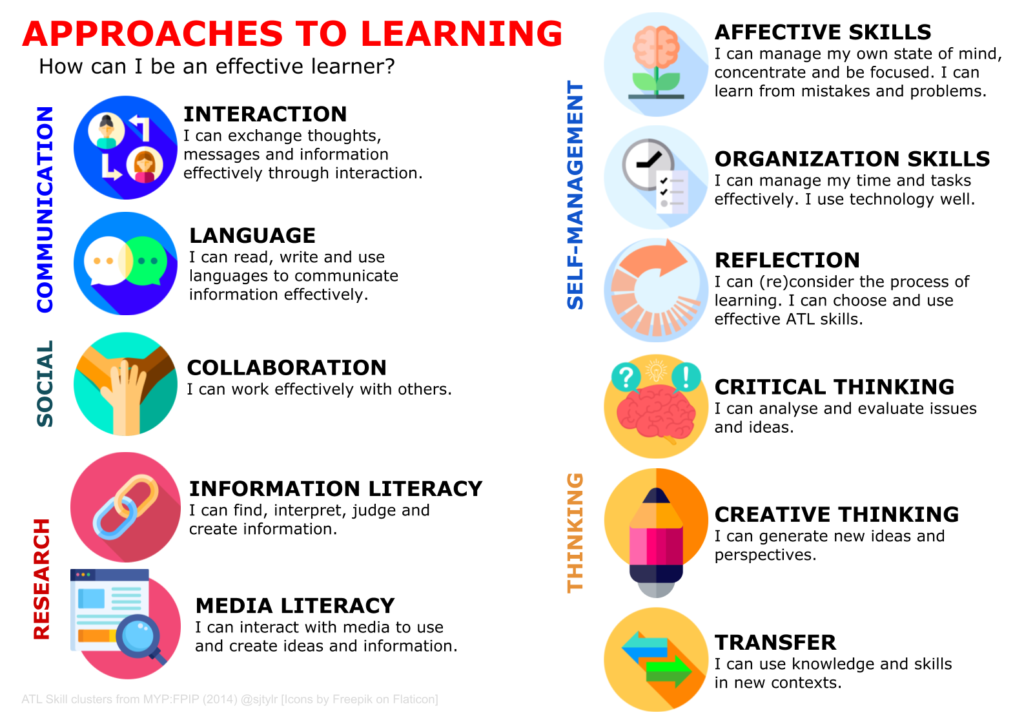
Approaches to learning Enishi International School IB PYPMYP IB DiplomaEnishi International
5 March 2021 in Approaches to learning.. The International Baccalaureate (IB) is a global leader in international education—developing inquiring, knowledgeable, confident, and caring young people. With more than 7,700 programmes being offered worldwide, across over 5,600 schools in 159 countries, an IB education is designed to develop well.

Infographics 5 Phases of InquiryBased Learning Cycle eTeachersHub Library skills, Inquiry
What are IB approaches to teaching and learning? "ATL can often provide the common ground between national programmes, IB and a range of qualifications." (Sara Woodcock, IBEN workshop leader)
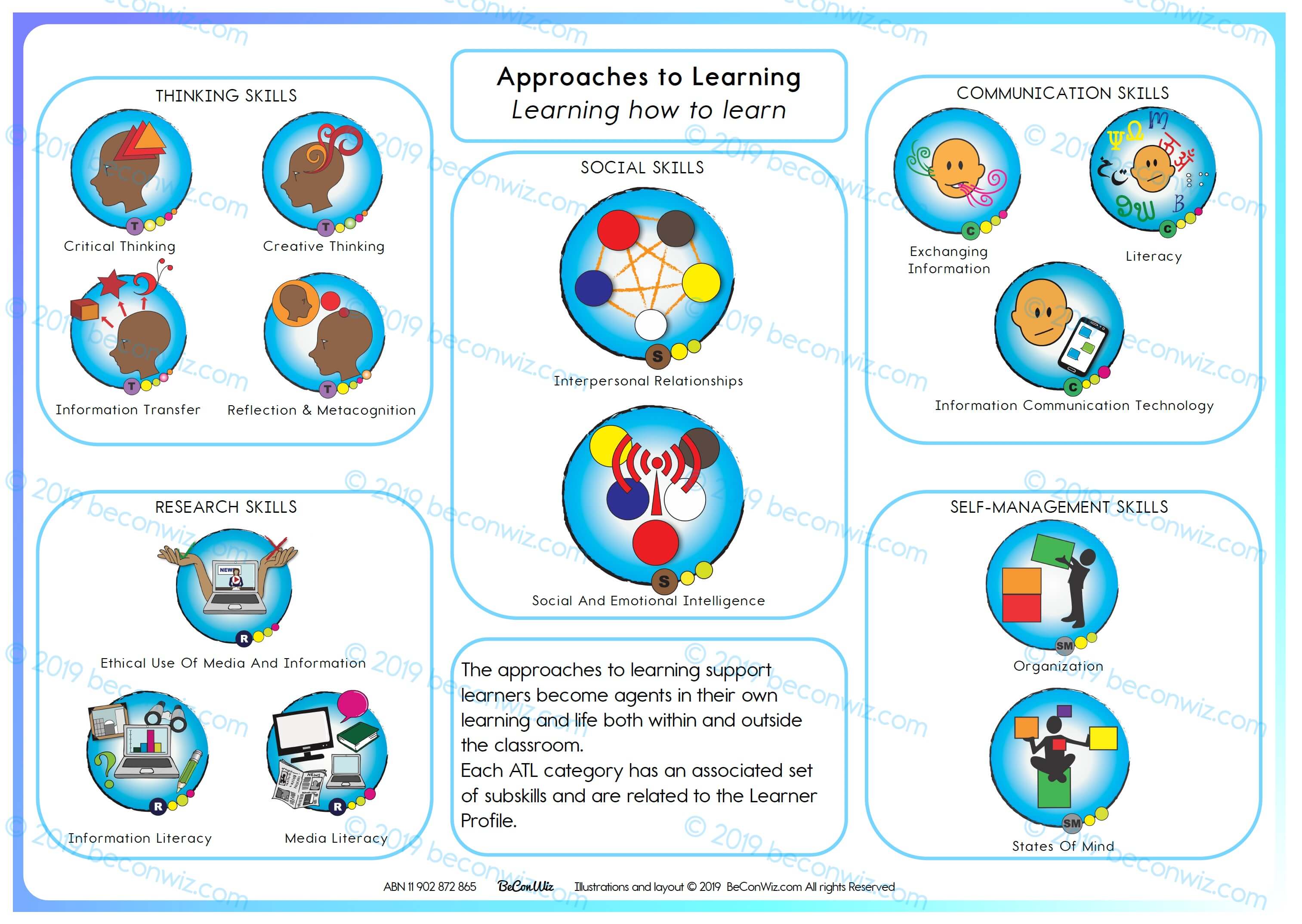
IB PYP LEARNING and TEACHING understanding PYP
The IB approaches to learning are unarguably the most important to acquire not only in the units of inquiry, but also for any learning and teaching that occurs within the classroom and in life outside the school.. The International Baccalaureate (IB) is a global leader in international education—developing inquiring, knowledgeable.
Approaches to teaching and learning in IB ABWA
5 Categories of ATL Skills: Thinking Skills Communication Skills Self Management Skills Research Skills Social Skills 6 Approaches to Teaching: Based on inquiry Focused on effective teamwork and collaboration Focused on conceptual understanding Differentiated to meet the needs of all learners Developed in local and global contexts
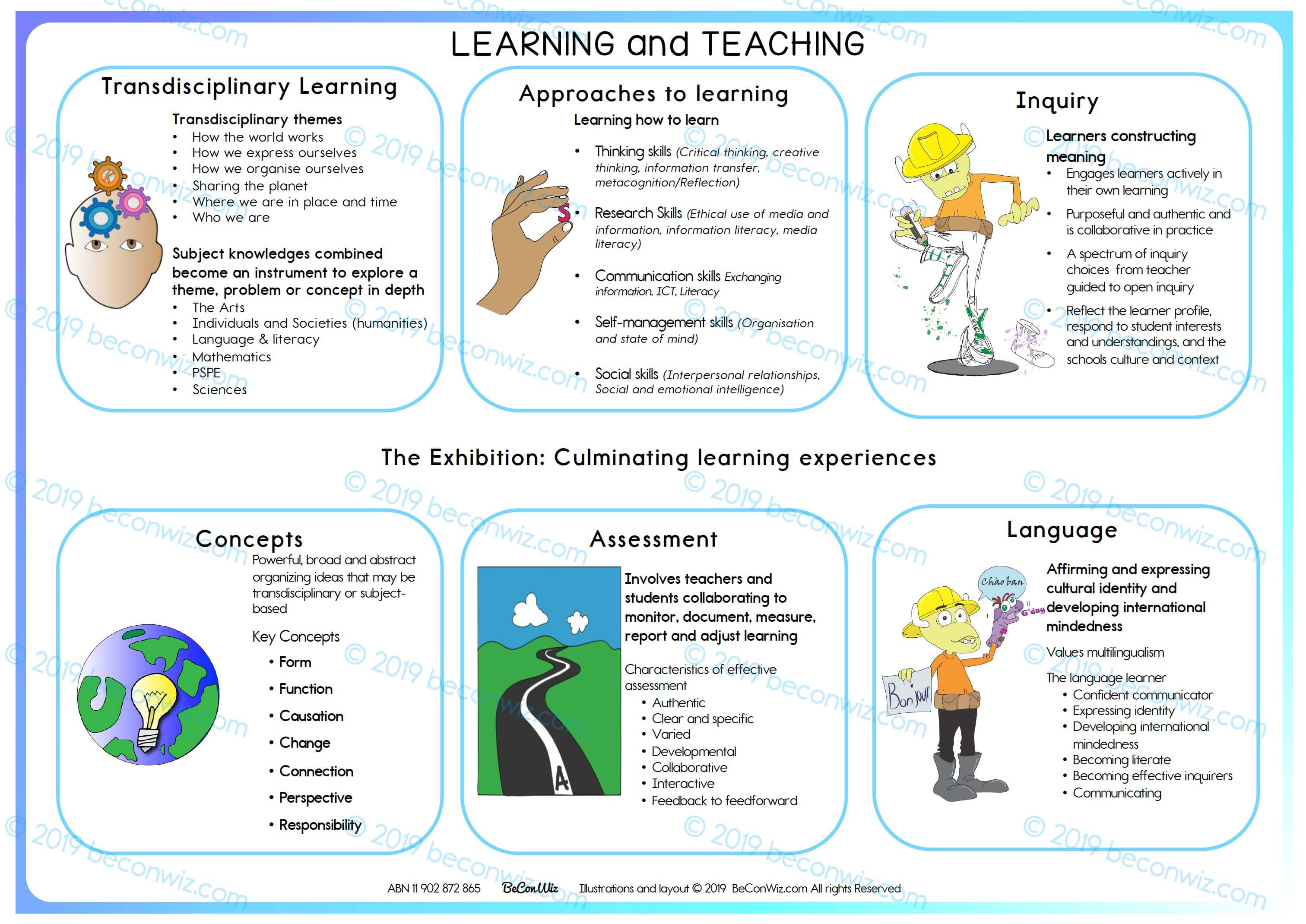
IB PYP LEARNING and TEACHING understanding PYP
Approaches to learning (ATL) are an integral part of an IB education and complement the learner profile, knowledge, conceptual understanding and inquiry. Formerly known as "transdisciplinary skills" in the Primary Years Programme (PYP), these skills will now be referred to as "approaches to learning".
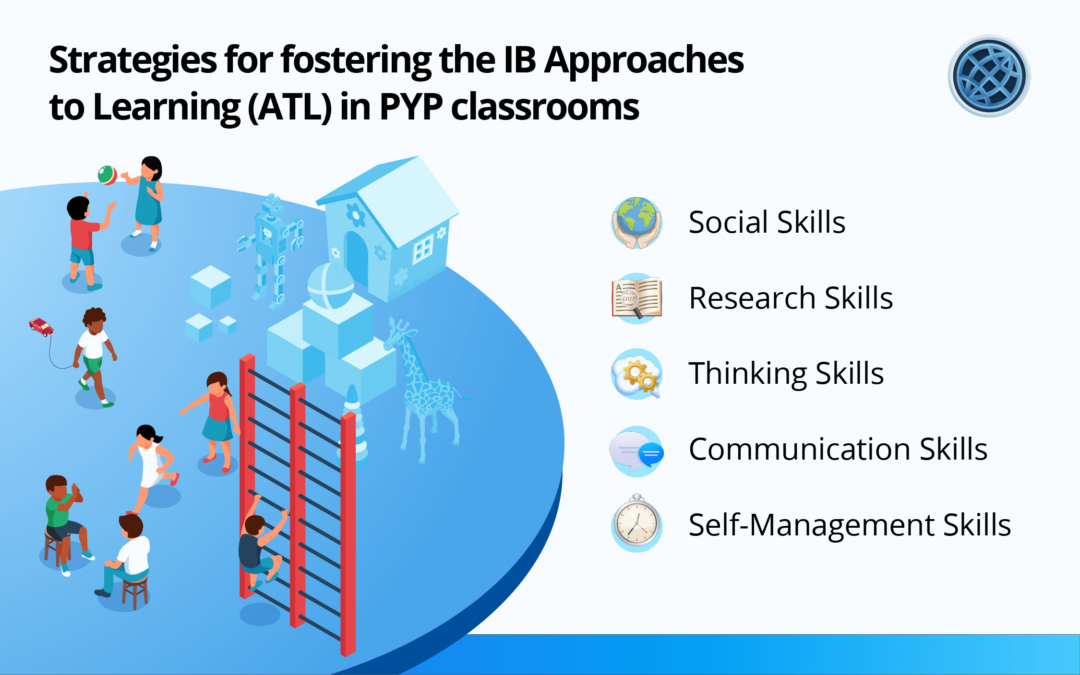
IB Approaches to Learning Fostering SelfManagement in PYP Classrooms ManageBac
approaches to learning skills? 1. Thinking skills 2. Communications skills 3. Social skills 4. Self-management skills 5. Research skills The IB approaches to teaching skills are. 1. based on inquiry 2. focused on conceptual understanding 3. developed in local and global contexts 4. focused on efective teamwork and collaboration
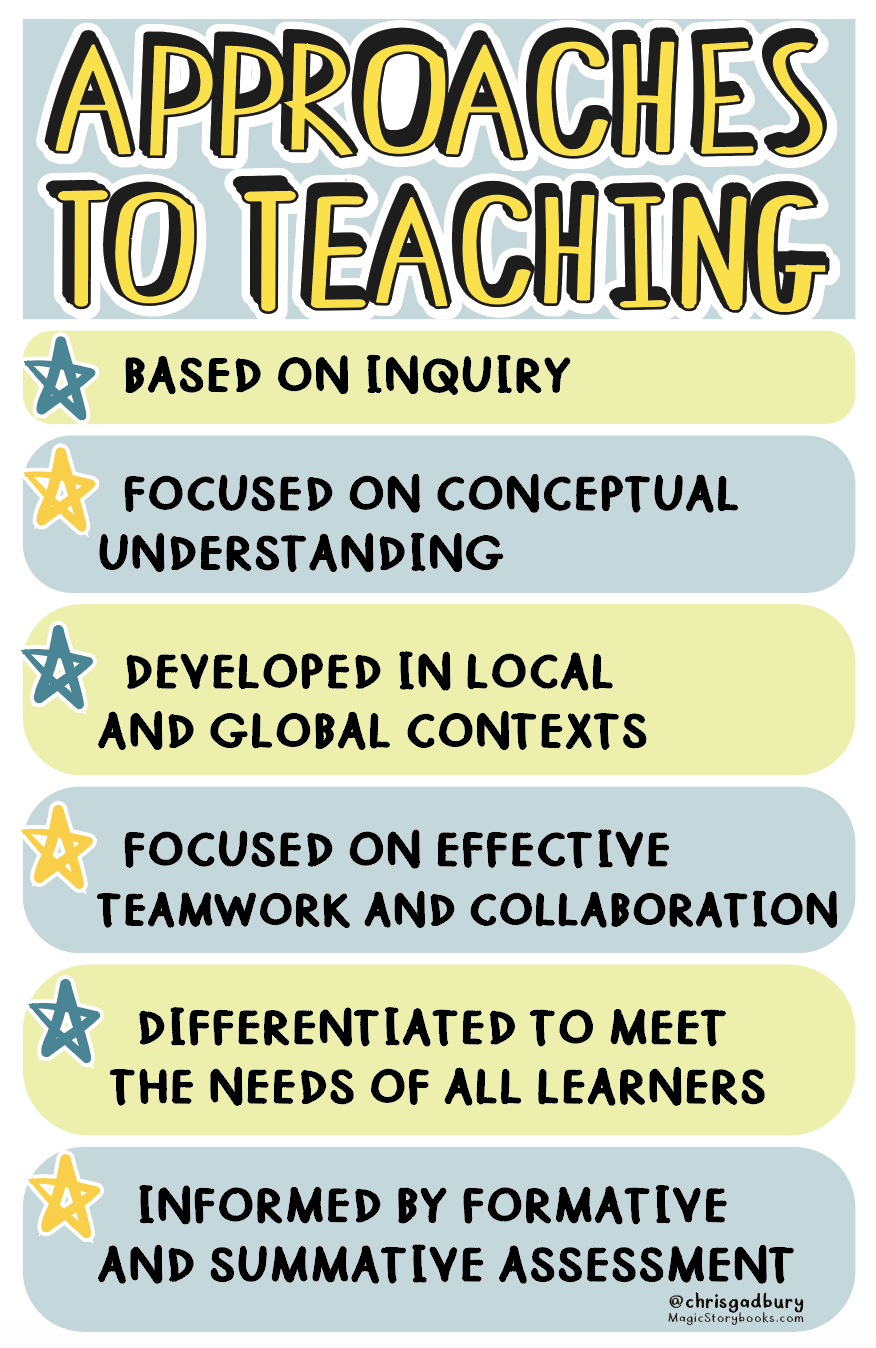
What is an IB education? — Day School
The IB Approaches to Learning are skills and attitudes that allow students to develop as self-regulated learners, able to set and meet learning goals, generate motivation, self-interrogate, show perseverance, be resilient and reflect on their achievements.
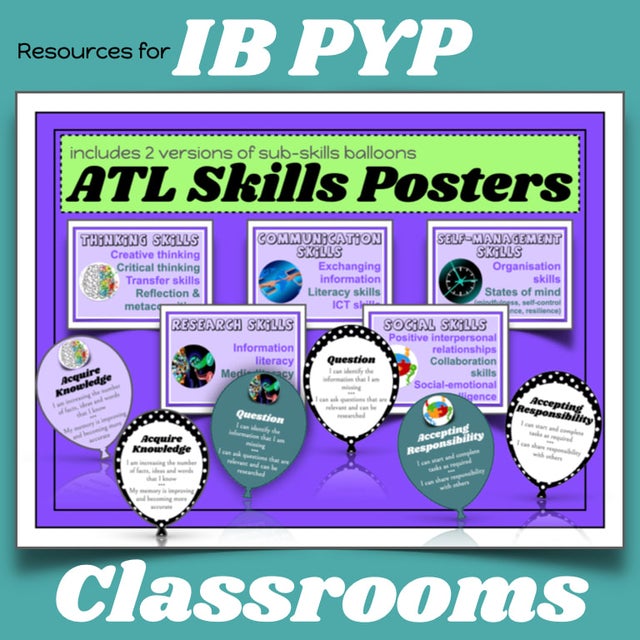
IB PYP Approaches to Learning SKILLS posters
Approaches to learning (ATL) are skills designed to enable students in the IB Middle Years Programme (MYP) to "learn how to learn." They are intended to apply across curriculum requirements and provide a common language for teachers and students to use when reflecting and building on the process of learning.

Approaches To Teaching and Learning in the IB
IB Approaches to Learning "Self-regulation and learning to learn (are) key determinants of student motivation, engagement and success." (Michael Fullan & Joanne Quinn, Education Reimagined, Microsoft Education, page 9)The IB approaches to learning are a set of strategies and skills.
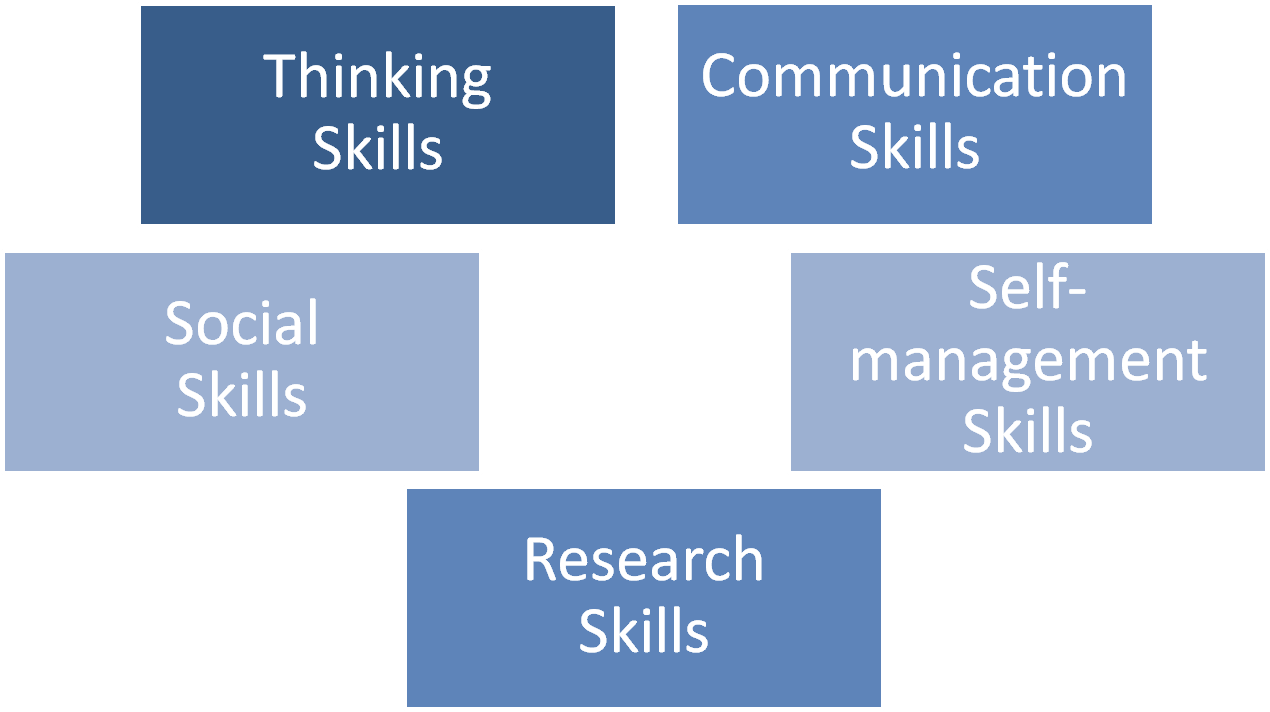
Approaches to Learning The IB Diploma Programme at The International School in Genoa
As an IB student, you know that specific approaches to learning (ATLs) help you better develop your communication, thinking, social, self-management, and research skills. This guide will show you how ATLs can help you transition from school-based to at-home learning. Step 1: Set up your work space
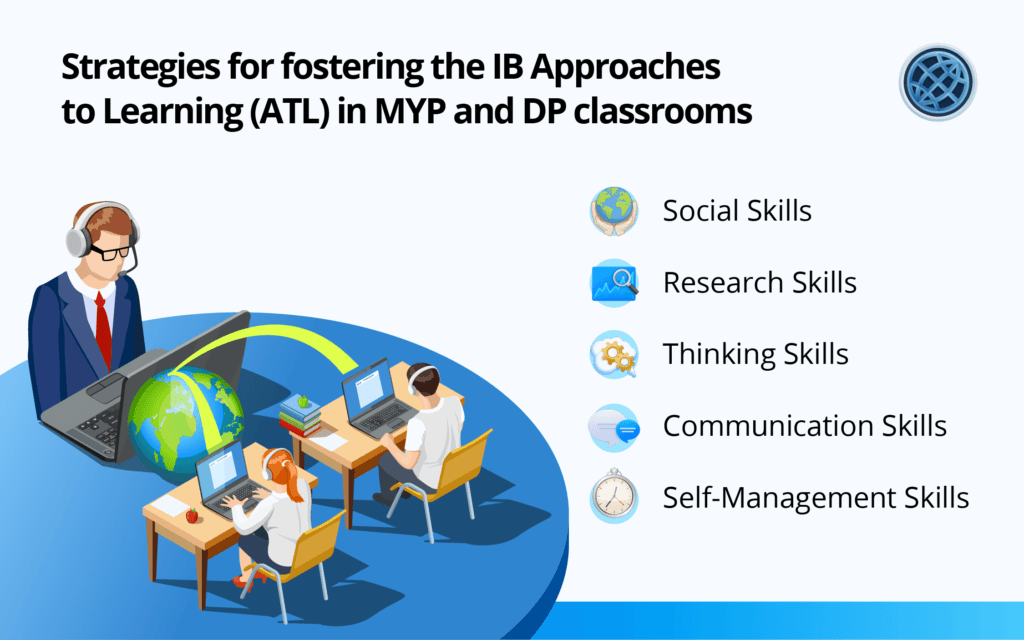
Strategies for fostering the IB Approaches to Learning (ATL) in MYP and DP classrooms
Enhancements will support the development and mapping of approaches to learning through deliberate planning, teaching and feedback strategies inside and outside the programme of inquiry . You can embed the approaches to learning implicitly in the classroom culture by: • using the language of the approaches to learning
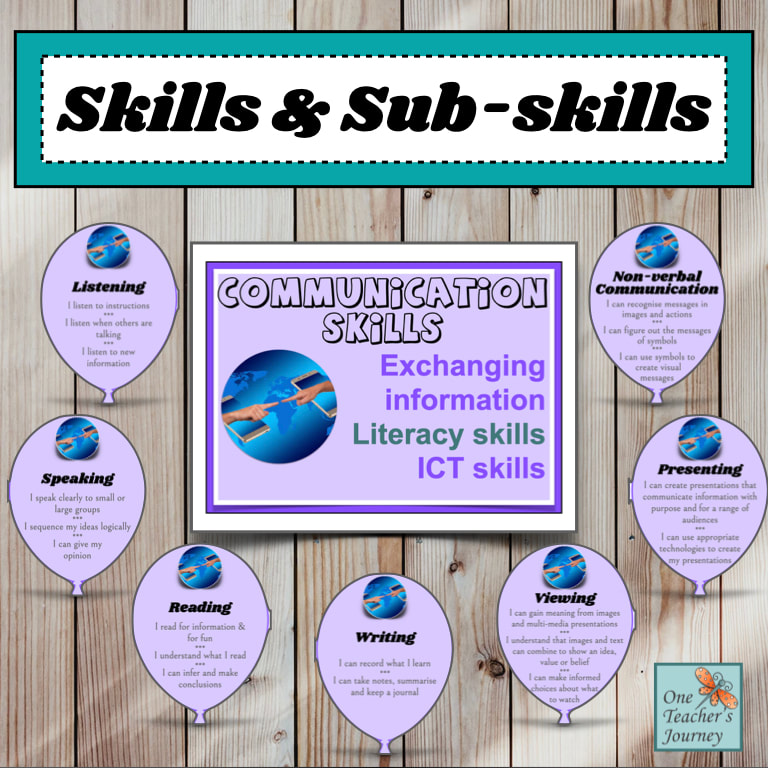
IB PYP Approaches to Learning SKILLS posters
What are the approaches to learning (ATL)? ATL are deliberate strategies, skills and attitudes that permeate the teaching and learning environment. ATL supports the IB belief that a large influence on a student's education is not only what you learn but also how you learn.
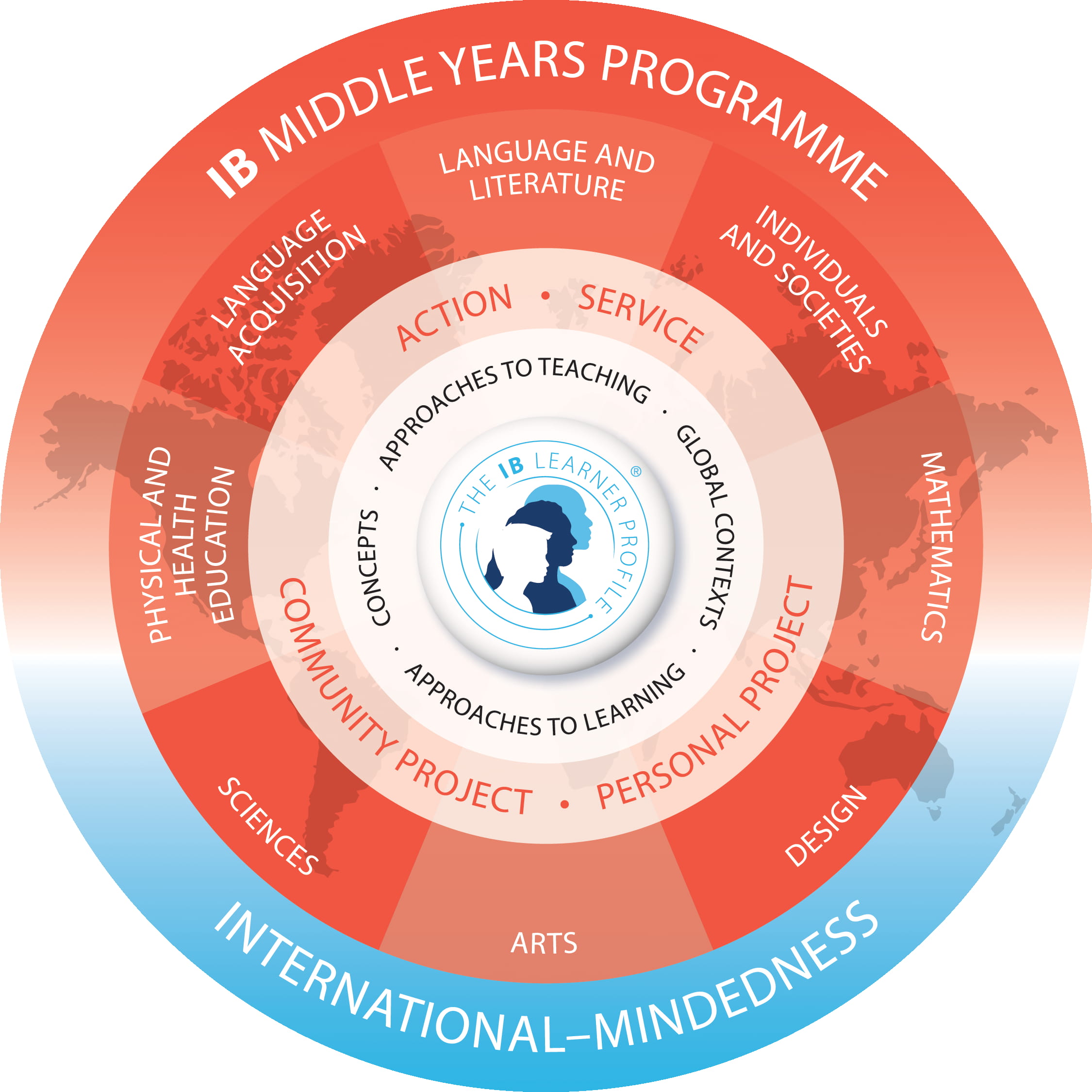
Approaches to Learning are the scaffolding for every IB learner across the world
The following pages also explore the IB Approaches to Learning in the form of mini workshops: IB Approaches to Learning is an introduction to each of the approaches to learning. The IB approaches to learning are a set of strategies and skills. They pay especial attention on how students learn as opposed to merely the content of the learning.